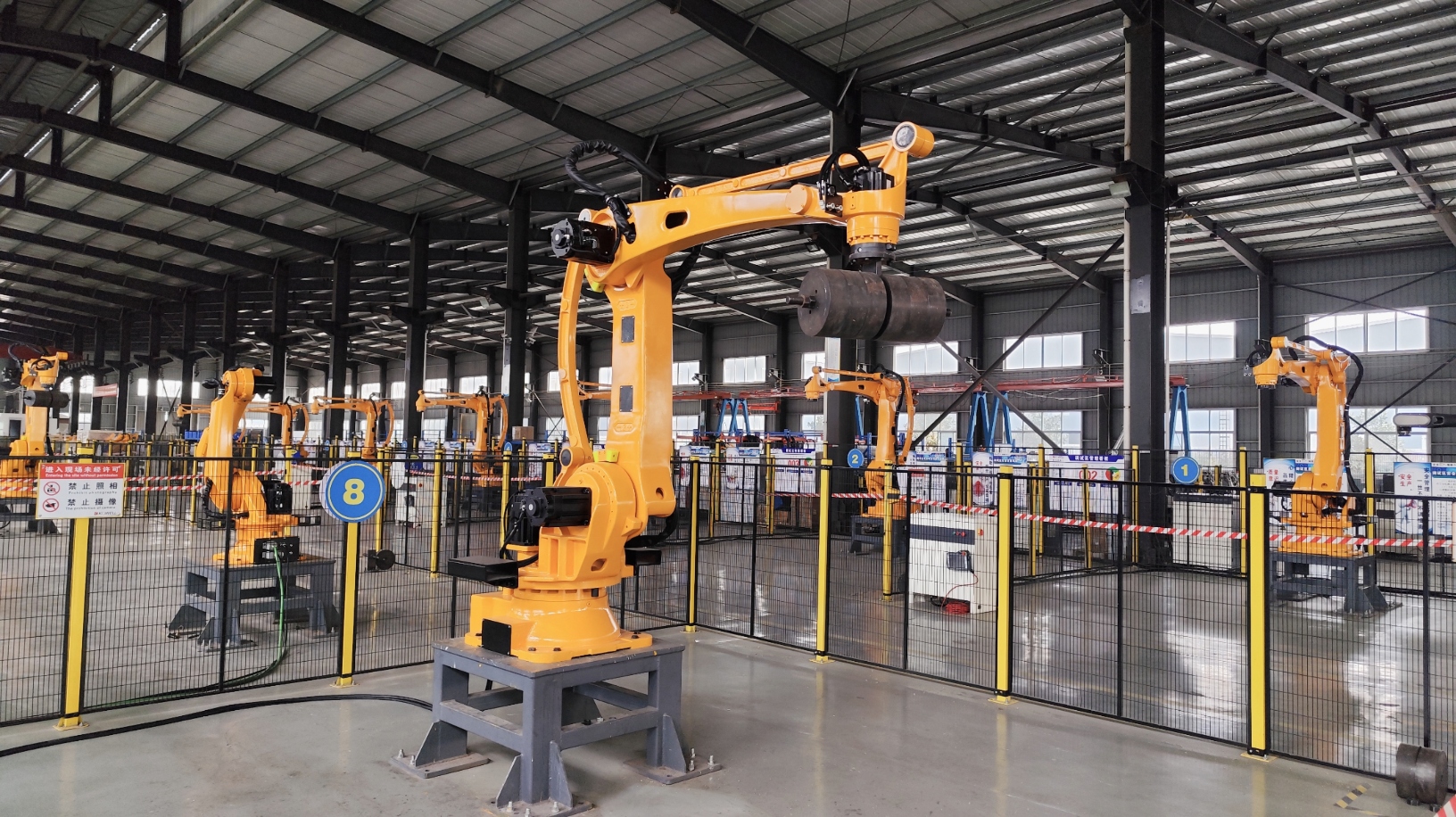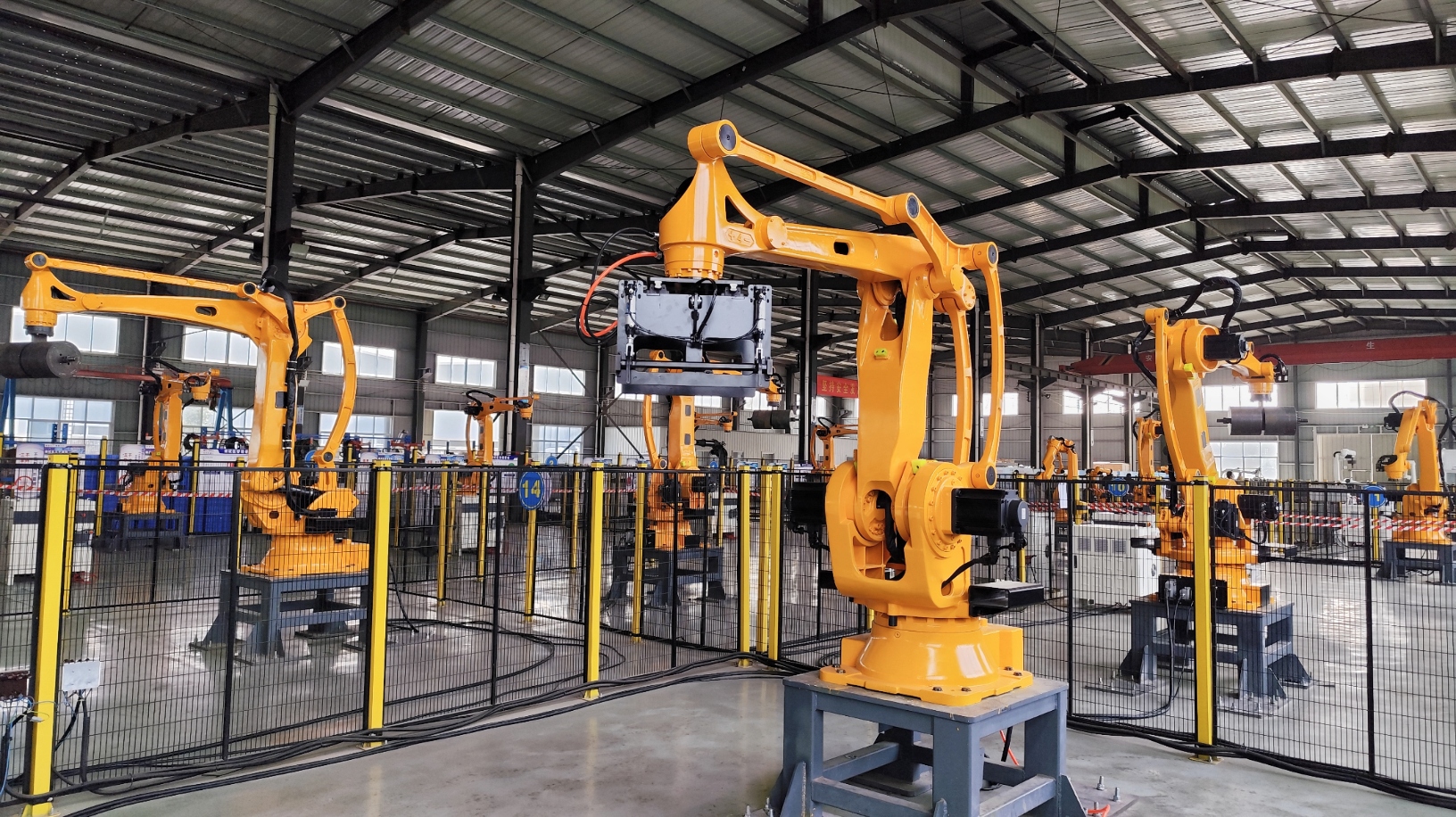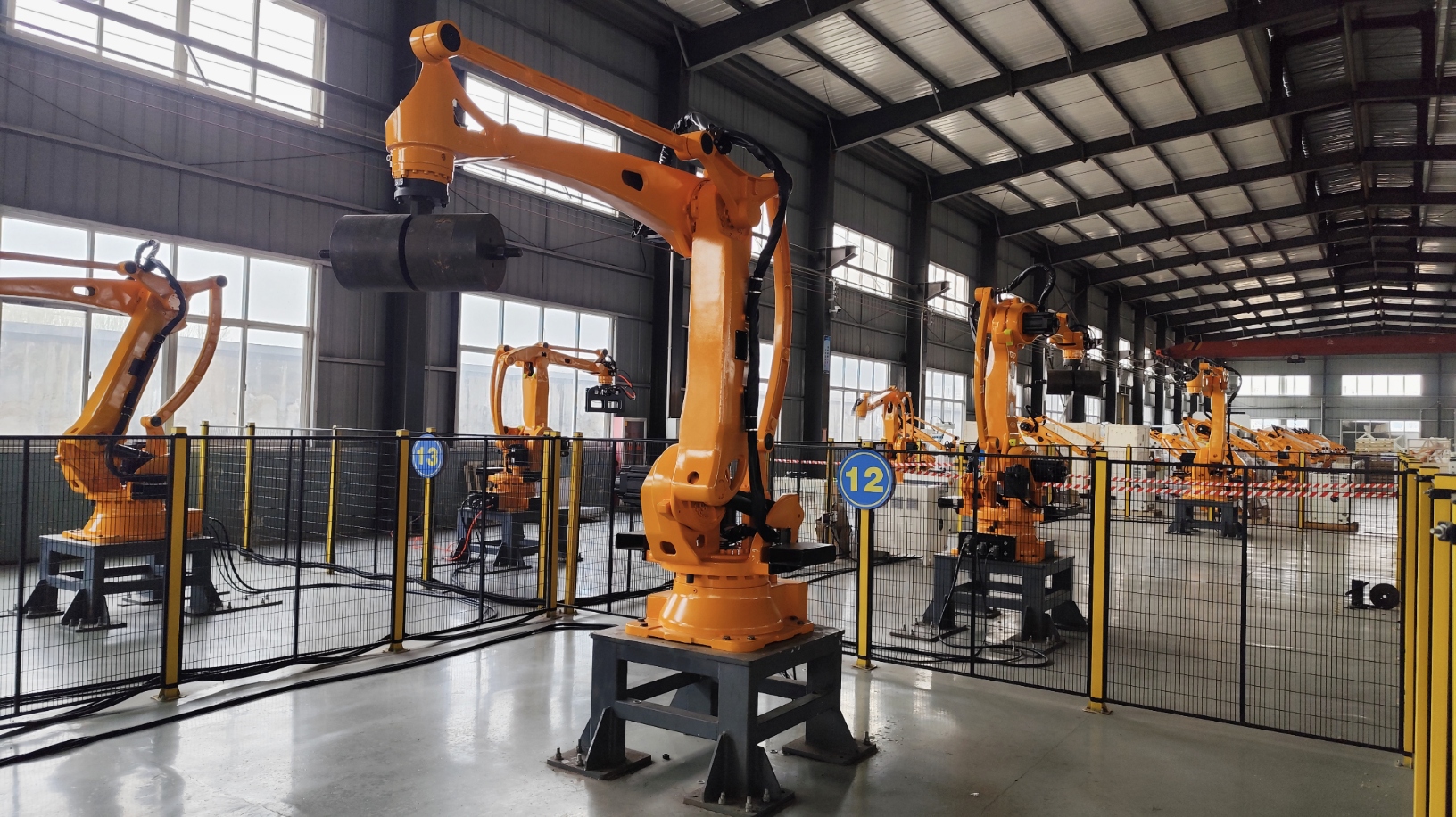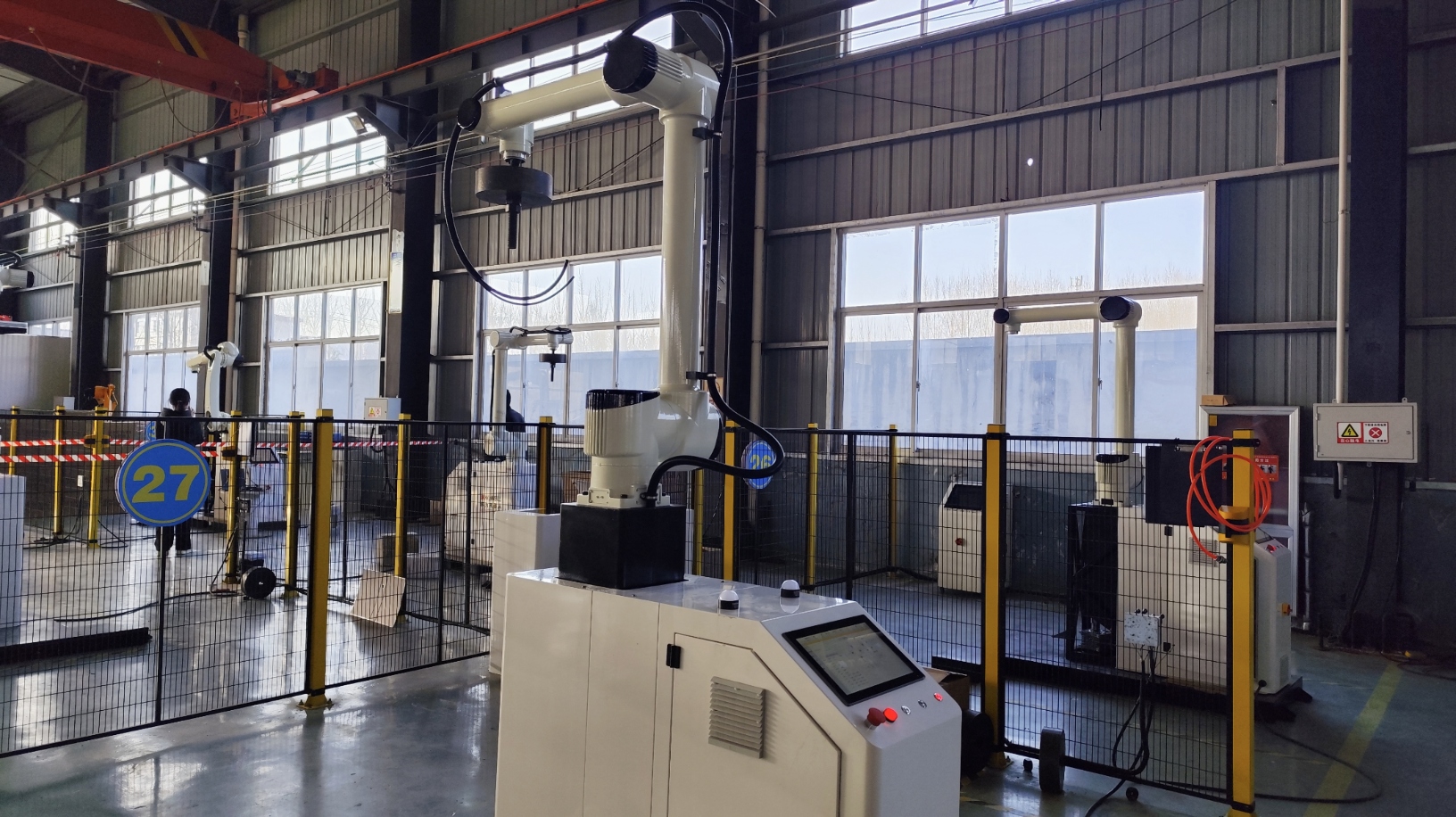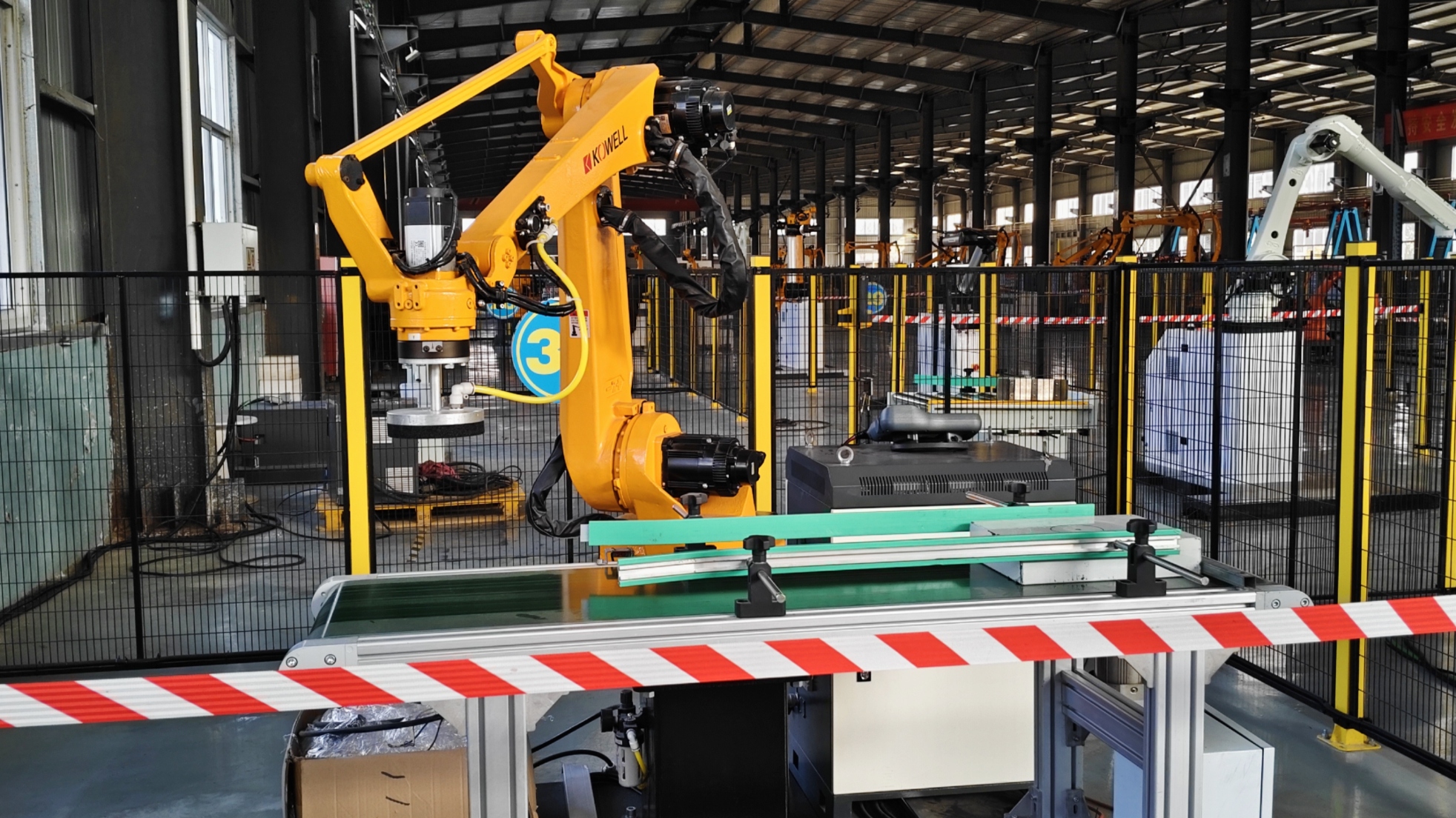Driven by the wave of digitalization and intelligence, the manufacturing industry is undergoing profound changes. The rapid popularization of intelligent equipment and industrial robots has continuously subverted traditional production methods. As the two core strategies of modern manufacturing, lean production and flexible scheduling have realized a new production model through technology empowerment, pushing the manufacturing industry towards a more efficient and flexible future.
The all-round evolution of industrial robots: from robotic arms to intelligent brains
When it comes to industrial robots, many people may think of the high-speed robotic arms on the production line. However, today's industrial robots no longer rely solely on mechanical movement capabilities, but have intelligent attributes of perception, analysis and self-decision-making. With the help of visual recognition, environmental perception and artificial intelligence algorithms, industrial robots can be competent for more complex tasks, such as precision welding, flexible assembly and even quality testing.
Take consumer electronics manufacturing as an example. In the past, the assembly of many complex components required manual work by human workers. Now, intelligent robots can accurately identify the position and shape of different parts through machine vision technology and complete assembly with extremely high precision. This not only improves production efficiency, but also significantly reduces product defect rates.
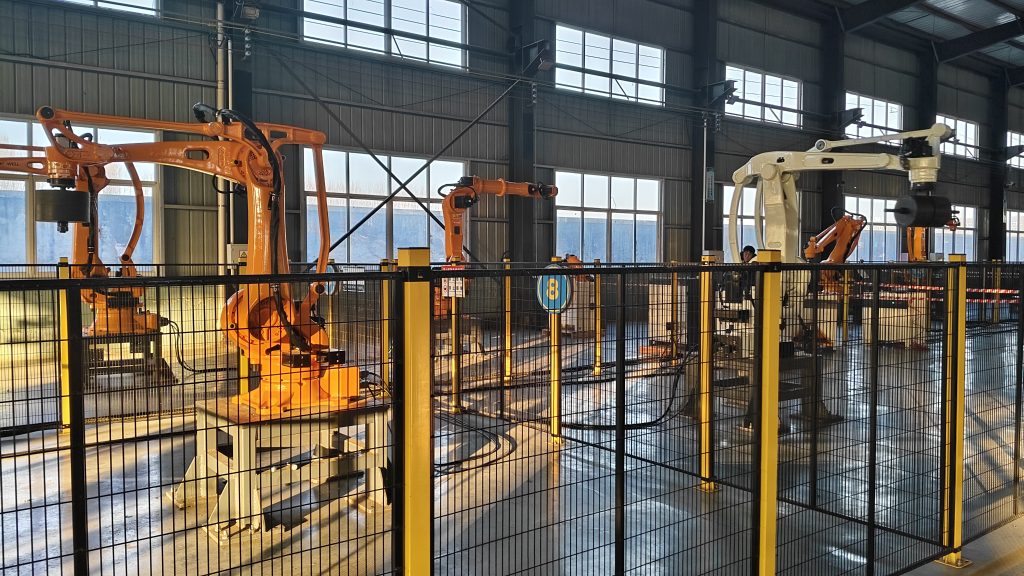
Lean production: data-driven production optimization strategy
As a production management method that emphasizes reducing waste and improving efficiency, lean production has gained new vitality due to the intervention of digital technology. The popularity of smart devices enables a large amount of data to be collected and analyzed in real time during the production process, providing data support for the continuous optimization of the production process.
For example, the intelligent monitoring system can track the operating status of production equipment and predict possible failure risks, so as to arrange maintenance work in advance and avoid unexpected equipment downtime. In addition, lean production process optimization based on data analysis can also help companies better balance production capacity and minimize resource waste. Through these measures, lean production has created significant competitive advantages for companies.
Flexible Scheduling: A Key Capability to Cope with Market Fluctuations
The rapid changes in market demand require manufacturing companies to have stronger responsiveness. Flexible scheduling achieves the rational allocation and dynamic adjustment of production resources through intelligent algorithms and real-time data analysis.
In actual applications, the flexible scheduling system can automatically generate and optimize production plans based on factors such as order changes, equipment status, and personnel scheduling. For example, when a production line is suspended due to equipment maintenance, the system can quickly reschedule production tasks to ensure that orders are delivered on time. This flexibility complements the lean production concept, allowing manufacturing companies to more calmly cope with market uncertainties.
The future blueprint of smart manufacturing
Looking to the future, with the continuous advancement of industrial Internet, artificial intelligence and Internet of Things technologies, the manufacturing industry will move towards a new stage of greater intelligence and efficiency. The factory of the future is not only a place to produce products, but also a smart hub where data and technology meet.
Through human-machine collaborative robots, human workers and smart devices will form a closer cooperative relationship to complete complex tasks together. And the smart manufacturing system based on big data analysis and self-learning algorithms will also have stronger self-optimization capabilities to help companies continuously improve their competitiveness. All of this is highly consistent with the concept of lean production.
Conclusion: Smart manufacturing for the future, starting now
In this wave of intelligent transformation in the manufacturing industry, industrial robots and intelligent equipment are undoubtedly the key forces leading the transformation. The dual improvement of lean production and flexible scheduling has given manufacturing companies stronger competitiveness and adaptability. The future has come, and only companies that actively embrace intelligent technology and continuously optimize lean production models can remain invincible on the global manufacturing stage.

Online Consultation
Hello, the current customer service is offline. You can leave your contact information and the staff will respond to you as soon as possible!


